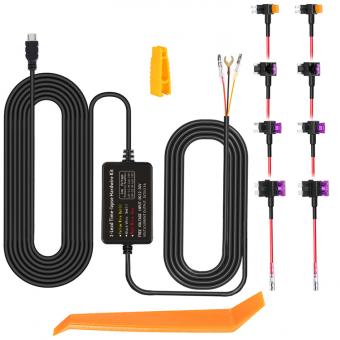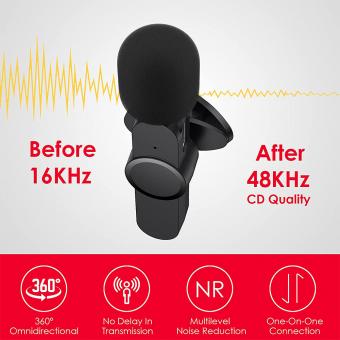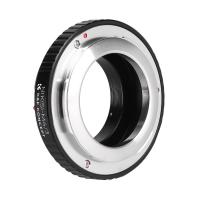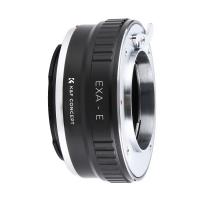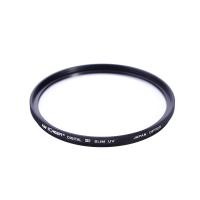How Far Back Should I Keep Car Records?
Maintaining car records is an essential part of vehicle ownership, but the question of how far back one should keep these records is common among car owners. Based on user demand, here are some key points summarized in the form of user intentions when asking this question:
1. Legal Requirements: Understanding any state or country-specific laws that mandate record-keeping.
2. Warranty Claims: Information on how long to keep records for potential warranty claims.
3. Resale Value: Insights into how long to retain records for boosting the vehicle’s resale value.
4. Maintenance and Repairs: Knowing the duration for which maintenance and repair records should be stored.
5. Tax and Insurance: Guidance on keeping records for insurance claims and tax deductions.
6. Historical Data: Retaining records for historical reference and vehicle history tracking.
---
How Far Back Should You Keep Car Records?
When you buy or maintain a car, keeping detailed records is a best practice that can save you time, money, and headaches down the road. Car records encompass receipts, service invoices, warranty papers, registration documents, and any other paperwork related to your vehicle. The question of how long to keep these records is multi-faceted and can be broken down based on various user intentions and needs. Let’s dive into these aspects to give you a comprehensive answer.

Legal Requirements
First and foremost, legal requirements could play a role in how long you need to keep car records. Depending on where you live, different jurisdictions may have specific mandates for vehicle records. For example, some states in the U.S. might require you to keep records for a certain number of years if they pertain to accidents or ownership transfers.
In general, though, there are no stringent legal requirements for routine service records or older insurance documents unless they directly relate to an ongoing legal issue. However, if you’ve been involved in an accident, it’s wise to keep all related records for at least five years, which is typically the statute of limitations for filing personal injury lawsuits in many states.
Warranty Claims
Warranties are another critical reason to keep car records. Manufacturer warranties and extended warranties will usually cover specified issues for a certain number of years or miles driven. Keeping all your receipts and service records is crucial to validate any warranty claims. Typically, you should keep these documents for the duration of the warranty period plus a little extra—say an additional year—to cover any disputes or delayed claims. If you purchase a new car with a 5-year warranty, you'd ideally want to keep your records for at least six years.
Resale Value
One of the most compelling reasons to meticulously maintain and keep car records is to maximize resale value. Prospective buyers feel more confident buying a used car with a well-documented history of maintenance and repairs. If you plan to sell your car someday, maintaining a file from the day of purchase until sale will undoubtedly increase its resale value. A well-documented vehicle can fetch a price that's up to 10-15% higher compared to a similar model without a detailed service history.
Maintenance and Repairs
Keeping records of maintenance and repairs is beneficial for numerous reasons, including tracking recurrent issues and ensuring that all scheduled maintenance is performed. Typically, it’s advisable to keep routine maintenance records for as long as you own the car. This not only helps in maintaining the vehicle but also provides valuable information to any future buyers or even mechanics who may need to understand the vehicle’s history.
Tax and Insurance
For tax purposes, keeping records is generally necessary if you use your car for business or if the vehicle qualifies for specific tax deductions. The IRS suggests keeping these records for at least three to seven years, depending on various tax-related scenarios. When it comes to insurance, keeping records of claims, policy documents, and correspondence is essential. These should be kept for as long as the policy is active and for a few years afterward, especially if you had any claims that could lead to future disputes or follow-ups.
Historical Data
Some car enthusiasts and meticulous owners prefer to keep records for historical and tracking purposes. These records can range from simple maintenance logs to detailed accounts of modifications, upgrades, and even fuel efficiency over time. If you’re planning to keep your car for an extended period, say over ten years, or if you’re a collector, maintaining a comprehensive history can prove invaluable.
---
Practical Tips for Keeping Car Records
Organizing Your Records
Organize your car records in a way that makes them easily accessible. Digital records are increasingly popular and can be stored in cloud services, making them less likely to be lost. If you prefer physical copies, use a dedicated file folder or binder, categorized by type of document (warranty, maintenance, insurance, etc.).
Regular Updates
Make a habit of updating your car records following any service, repair, or significant event involving your vehicle. Immediate filing prevents clutter and ensures that you won’t have to search for paperwork when you need it.
Utilize Apps
Several automotive apps can assist in keeping track of maintenance schedules, repairs, and even costs. These apps can provide reminders for upcoming services and help keep all records in one easily accessible place.
Backup Important Documents
Critical documents such as the title of the car, legal papers, and insurance details should have additional backup copies. Store these in a safe or another secure location separate from your other documents.
---
In summary, there’s no one-size-fits-all answer to how long you should keep car records. Legal considerations, warranty claims, potential resale, maintenance tracking, and tax or insurance requirements all play roles in determining the duration. Here’s a general rule of thumb: keep warranty and critical legal documents for as long as they are active plus an additional year; maintenance and repair records should be kept for the duration of vehicle ownership; tax and insurance records for at least three years but preferable up to seven, depending on your specific circumstances.
By maintaining these records diligently, you not only safeguard yourself against potential disputes but also enhance the value and longevity of your vehicle. So, the next time you’re tempted to toss that service receipt or insurance statement, think twice. Proper documentation is a small effort that can provide significant returns, both financially and practically.










